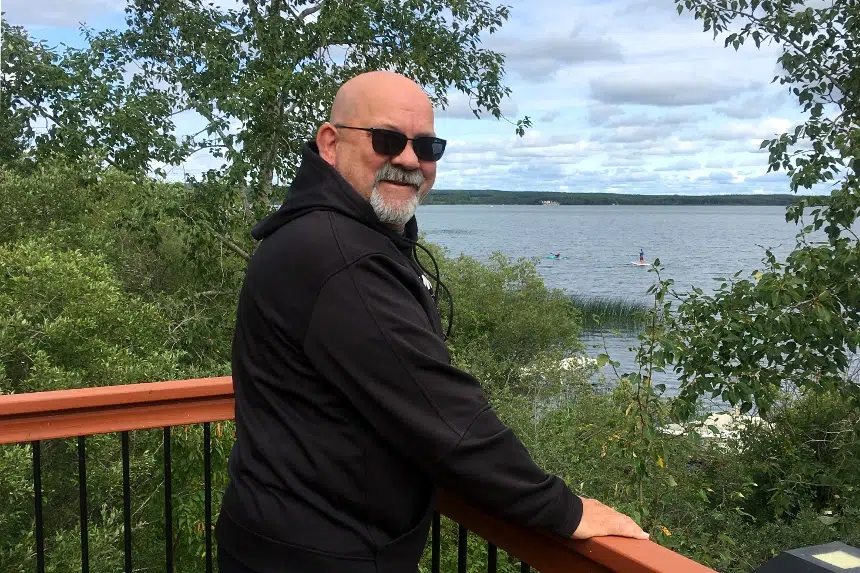Jeff DeDekker’s plans were set.
He was heading up to Saskatoon for surgery a day early, his wife would come to help drive back, and then the pain that had been in his left shoulder for the last year would finally be gone — and then he got a call.
About 30 hours before he was supposed to go under the knife to fix the torn labrum in his shoulder, DeDekker got a call from the surgeon’s office telling him the surgery was cancelled as part of the Saskatchewan Health Authority’s plan to tackle the COVID-19 pandemic.
“It’s my left shoulder and I’m left-handed so the injury has an impact on my daily life on things I can and cannot do anymore. So it has been a frustrating wait and when I got the phone call from the surgeon’s office to say that it had been cancelled, my first reaction wasn’t,” DeDekker paused and laughed quickly, before continuing: “Wasn’t the best. I was a little upset.”
Close to 3,800 surgeries were postponed by the SHA to make sure hospitals would have the capacity to deal with any surges in patients and needs related to COVID-19.
The province seems to be dealing with the pandemic better than was expected, so starting on Tuesday, the authority will start the first phase of its plan to resume services. When it comes to surgeries, the ones to be performed will expand from emergency and three-week urgent cases to six-week urgent cases.
That won’t likely include DeDekker’s surgery, so he could still be waiting quite a while.
Right after the injury happened, DeDekker said he couldn’t lift his left arm above his head and he couldn’t extend it. He got some physiotherapy but said there’s still a dull pain in it constantly.
“We’re an athletic family, so we’re shooting hoops or playing baseball or throwing a football around,” DeDekker said. “I can’t do any of those things.”
At first, DeDekker said he was frustrated, but his reaction now is a bit more patient and a bit more practical. He said during a pandemic, there are probably bigger things to be worried about.
“When I go in (for the surgery) … they’re going to be opening me up and I want to make sure that the environment is entirely safe, that I’m not going to get sick because I’ve decided that I want to get this surgery done,” he said.
DeDekker explained that, at 60 years old, he’s on the edge of what has been called the high-risk group for COVID-19, so he’s playing it safe because he’s got things to look forward to — a daughter soon to get married, and hopefully some grandkids in the future.
There is some good news for DeDekker: He said the surgeon’s office told him that, because he was so close to getting his surgery when things shut down, he should be among those at the top of the list when his type of surgery can be performed again.











